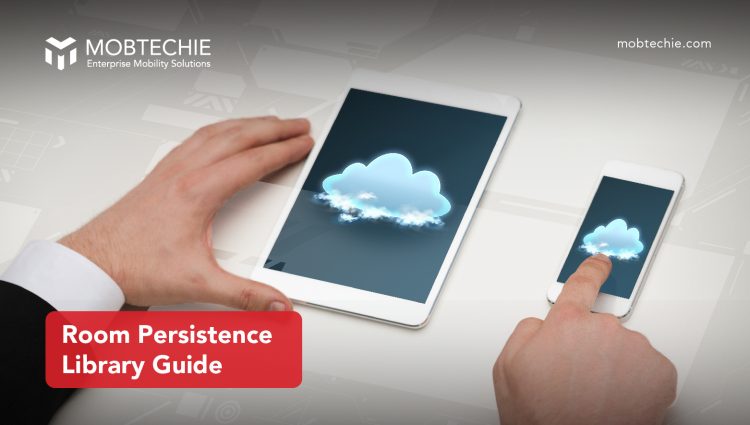Introduction
In the dynamic world of mobile app development, ensuring efficient data management is paramount. When it comes to Android applications, one of the key aspects is storing data locally on the device. This not only enhances user experience by enabling offline functionality but also optimizes performance. Among the various tools available, the Room Persistence Library stands out as a robust solution for local data storage in Android apps. In this guide, we’ll delve into the intricacies of Room Persistence Library and explore how it can be leveraged effectively by app developers.
Understanding the Importance of Local Data Storage
Before diving into the specifics of Room Persistence Library, let’s first grasp why local data storage is crucial in Android app development. In today’s fast-paced world, users expect seamless experiences from their mobile applications, irrespective of network connectivity. By storing data locally on the device, apps can offer offline functionality, ensuring uninterrupted usage regardless of internet availability. Moreover, local storage reduces dependency on network resources, thereby enhancing app performance and responsiveness.
Introducing Room Persistence Library
At the heart of efficient local data storage in Android lies the Room Persistence Library. Developed by Google as part of the Android Jetpack suite, Room is an abstraction layer over SQLite, offering a simplified approach to database management. It provides compile-time checks, streamlined APIs, and seamless integration with LiveData and ViewModel components, making it an ideal choice for developers aiming for robust data persistence in their apps.
Key Features of Room Persistence Library
- Entity Definition: Room allows developers to define database tables as annotated Java or Kotlin classes, known as entities. These entities represent the data schema and serve as the building blocks for database operations.
- DAO (Data Access Object): With Room, developers can define DAO interfaces to interact with the database. DAOs contain methods annotated with SQL queries or annotations such as @Insert, @Update, @Delete, etc., facilitating seamless CRUD (Create, Read, Update, Delete) operations.
- Database Setup: Setting up a Room database is straightforward, thanks to its intuitive APIs. Developers need to create an abstract class extending RoomDatabase, wherein they define the database entities and version. Room handles the database creation and migration transparently, simplifying the setup process.
Leveraging Room for Local Data Storage
Now, let’s explore how app developers in Kochi can harness the power of Room Persistence Library to implement efficient local data storage in Android applications.
- Integration into Project: As an Android app development company in Kerala, seamless integration of Room into your projects is crucial. Start by adding the necessary dependencies to your project’s build.gradle file. Once integrated, define your database entities and corresponding DAO interfaces.
- Optimal Database Design: Designing an efficient database schema is key to maximizing the benefits of Room. Identify the data entities and relationships within your app and organize them logically. By adhering to best practices in database design, such as normalization and indexing, you can ensure optimal performance and scalability.
- Asynchronous Operations: Room facilitates asynchronous database operations through the use of LiveData or Kotlin Coroutines. By executing database queries asynchronously, you prevent UI freezes and ensure a smooth user experience. As app developers in Kochi, leveraging these asynchronous patterns can significantly enhance the responsiveness of your applications.
- Data Migration and Versioning: With Room, handling database migrations and versioning is a breeze. As your app evolves, you may need to modify the database schema. Room simplifies this process by automatically generating migration paths based on the version differences. This ensures seamless data migration without compromising user data integrity.
Conclusion
In conclusion, Room Persistence Library serves as a powerful tool for local data storage in Android applications. Its simplicity, performance, and integration with other Jetpack components make it a preferred choice for app developers seeking efficient data persistence solutions. By leveraging Room, mobile app development companies in Kochi can deliver robust and responsive applications that meet the evolving needs of modern users. Embrace Room Persistence Library in your Android projects and unlock the full potential of local data storage.
Whether you’re an app development company in Kochi or an individual developer, mastering Room can elevate your Android development endeavors to new heights. Embrace the power of Room Persistence Library and embark on a journey towards building feature-rich, responsive Android applications that delight users and stand out in the competitive app landscape.
Mobtechie Labs
mobile app development company kochi app development company in kochi android app development company in kochi android app development company cochin






